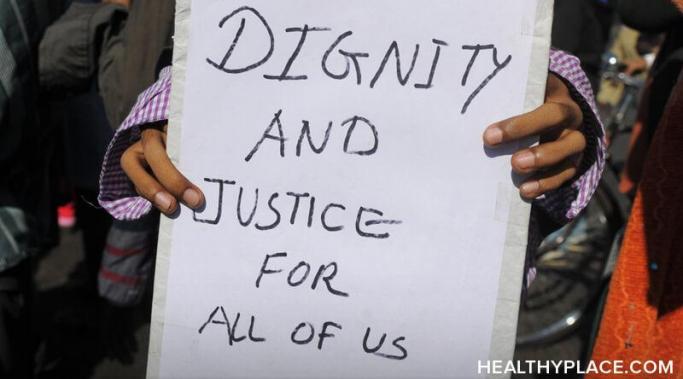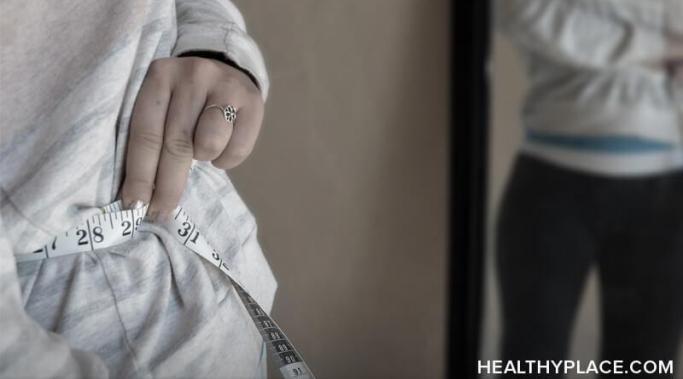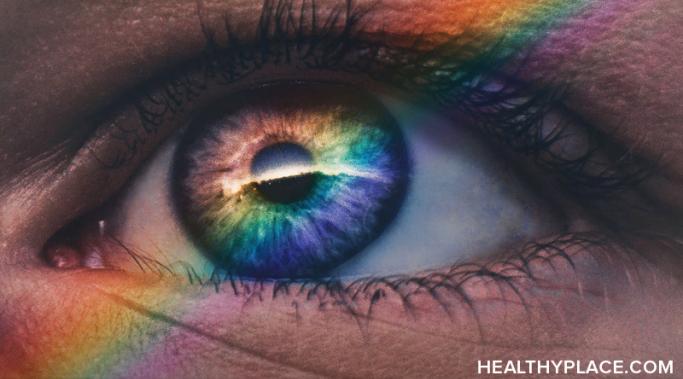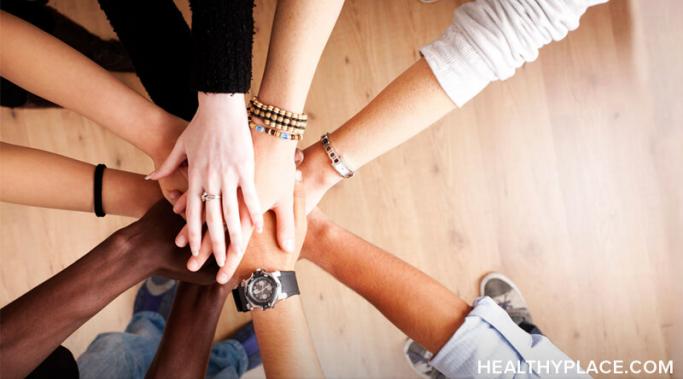Many people are often warned against exercising in eating disorder recovery, but that doesn't mean that exercise cannot be part of a healthy, vital recovery journey. In fact, regular and unapologetic exercise was a crucial part of my getting better.
Surviving ED
Social justice and eating disorder recovery are two of the driving forces in my life. It informs my relationships, conversations, and writing, but I cannot take credit for this—eating disorder recovery introduced me to social justice.
Eating disorder resolutions for the new year should focus on health, not food, weight, or exercise. All too often in this culture, New Year's resolutions focus on those things. It's just another confirmation that society as a whole is image-obsessed to an unhealthy extreme.
New Year's Eve can cause eating disorders to flare up, and consequently, I don't have a single good memory of New Year's Eve. Not in my adult life, at least.
When did I start eating disorder recovery? The timelines don't add up. Whenever I talk about my eating disorder recovery, there seems to be an inconsistency in the timeline I give for when my eating disorders first really began to flourish, and when I entered recovery. This disparity didn't occur to me until I listened to the video I prepared to introduce myself as an author here at HealthyPlace. In the video, I say that I battled with anorexia and bulimia for almost two decades. Then, I say that I've been in recovery for almost 10 years. I also mention that I'm 38 years old. So what gives?
I'm Hollay Ghadery, a new contributer to HealthyPlace's blog "Surviving ED." I don't pretend to have all the answers when it comes to eating disorder (ED) recovery, but I do know that answers are more likely when we bring eating disorders into the light. After all, if we can't see the problems we're working with, we can't make anything better.
If you have dealt with any patterns of disordered eating in your life, chances are these behaviors were—or continue to be—fueled by negative self-talk around body image. Since the brain is a complex, independent, thinking organism, self-talk is an intrinsic part of the human experience. You are hardwired for internal dialog with yourself, and this is not always problematic. That endless stream-of-consciousness in your head is shaped by the beliefs, perspectives, attitudes, and observations that help you negotiate the world around you. When used constructively, self-talk can empower you to confront fears, gain motivation or discipline, boost confidence, and strengthen areas of improvement. But if this self-talk turns critical toward yourself—in particular, how you look or what you weigh—it causes shame to take root and harmful behaviors to manifest which could result in an eating disorder. So it's important to learn how to reframe your negative self-talk around body image into a kinder, more compassionate dialog.
It's official: The holiday season has arrived, and Thanksgiving is just around the corner which means that eating disorder (ED) survival tips are now more important than ever. This time of year is known for family traditions and cultural festivities, but it can also feel like a burden if you are in recovery from an eating disorder. Maybe there's a relative who points out the number of calories everyone is about to consume at the dinner table. Perhaps your well-intentioned grandmother hounds you to take seconds on dessert or the conversation detours to how "healthy" and "normal" your weight has started to look.
The rate of eating disorders in the transgender community is an epidemic. While it has been estimated that over 30 million people in the United States alone suffer from eating disorders1, how many of these individuals conform to the heteronormative standards of body and gender—and how many don't? The research into this question is sparse, but there is enough to infer that eating disorders in the trans community are both epidemic and overlooked. While the archaic notion that eating disorders tend to primarily affect those who are female, white, and cisgender has been dismantled in recent years, the transgender population is still marginalized—or worse, excluded—from this conversation. Their stories of body-centric violence, trauma, prejudice, and exploitation have caused untold numbers of transgender people to fall into a cycle of disordered eating behaviors. But it's time society is made aware of these men and women in the transgender community who suffer—and recover—from eating disorders, so this epidemic will not be overlooked anymore.
It's my final post on "Surviving ED" for HealthyPlace and I part with a hopeful goodbye. I've been grateful for the opportunity to write about and raise awareness of eating disorders. In recent years, I've witnessed the tide turning as the conversation about eating disorders has focused on its complexity and diversity. I hope that together, as survivors and mental health professionals and advocates, we continue chipping away at the stigma that accompanies food-related mental illness, so that more and more individuals struggling in isolation can get the help they need.









